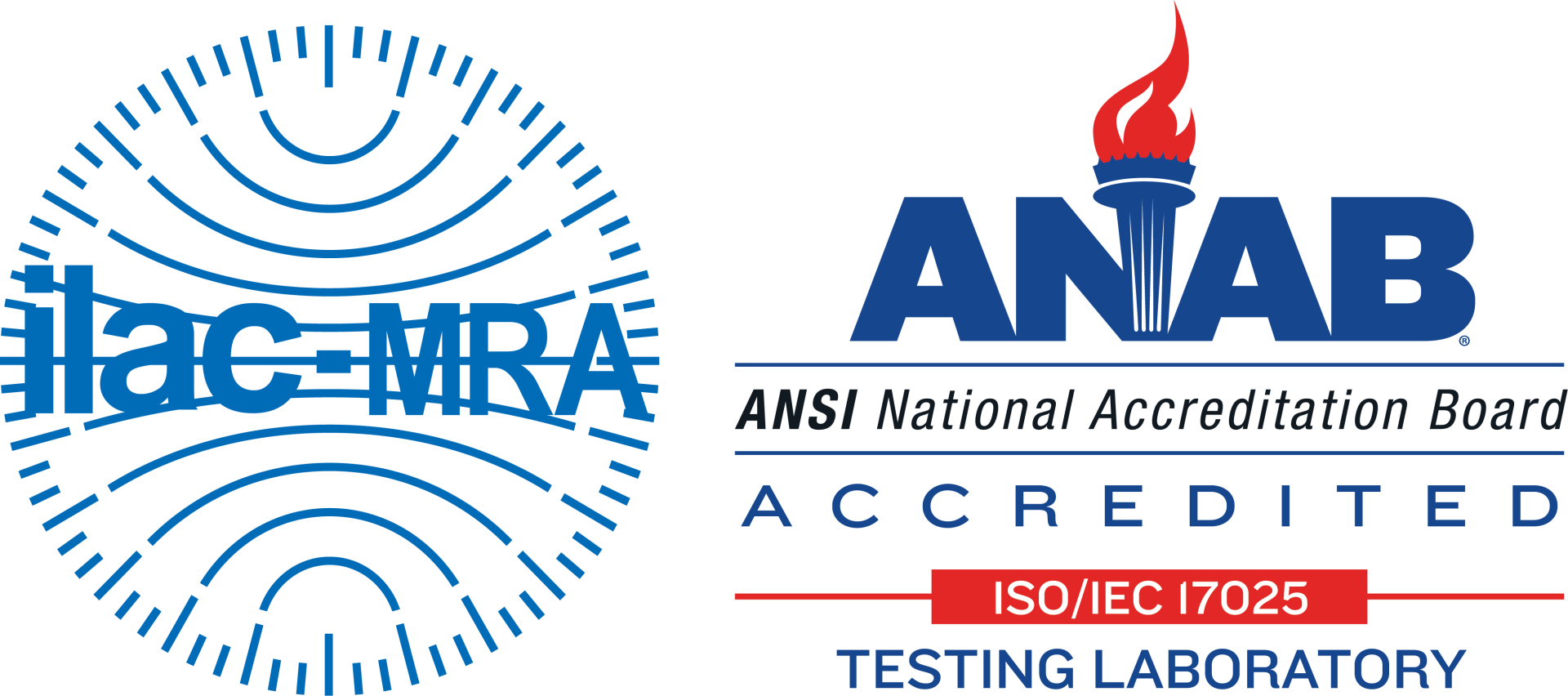Poison Prevention Packaging Act of 1970
The Poison Prevention Packaging Act: A Milestone in Child Safety
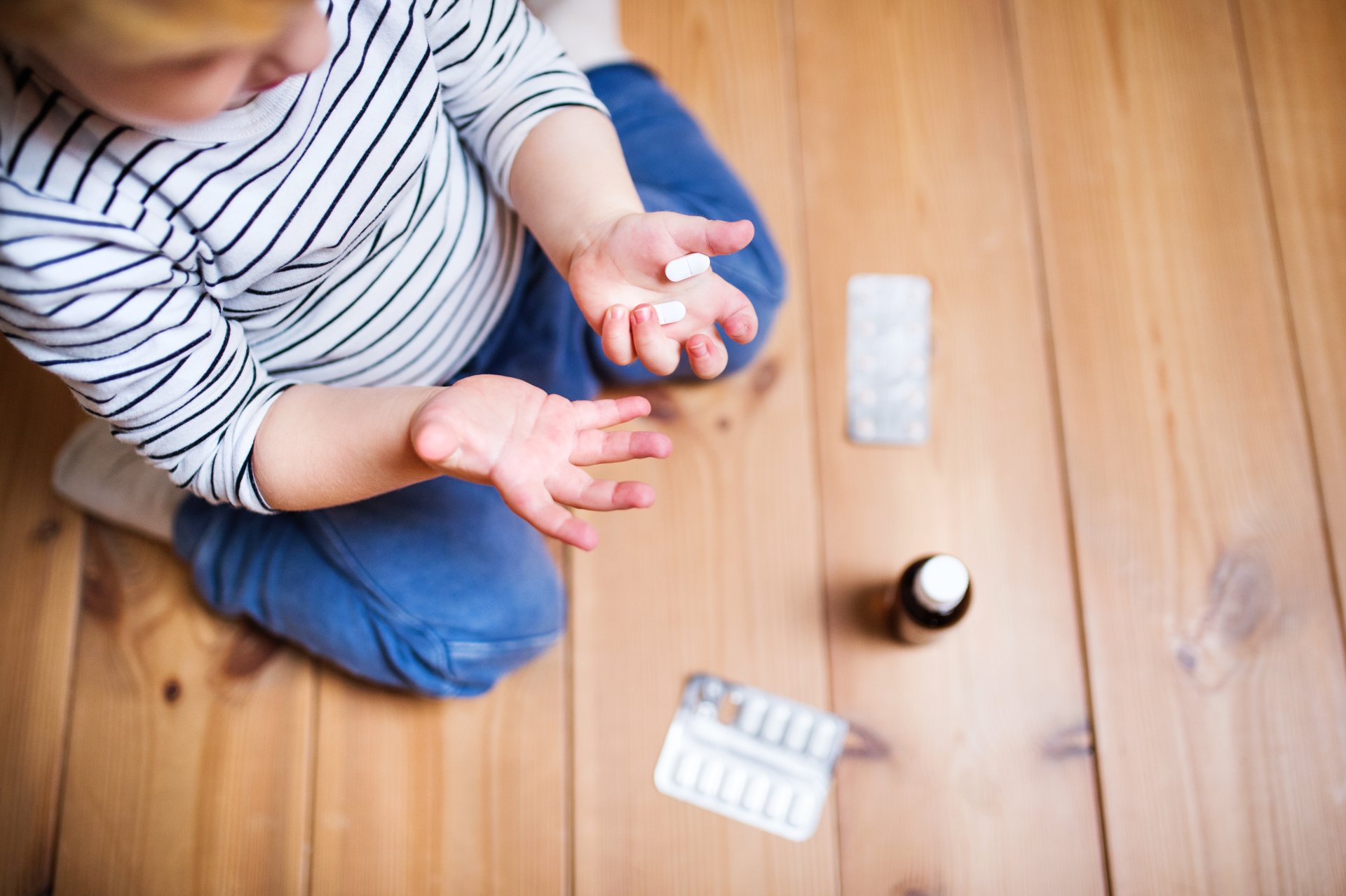
In the realm of child safety, few legislative acts have had as profound an impact as the Poison Prevention Packaging Act (PPPA) of 1970. This pivotal law was designed to protect children from accidental poisoning, a growing concern during the mid-20th century as household products and medications became more accessible.
The Poison Prevention Packaging Act (PPPA) was signed into law on December 30, 1970, by President Richard Nixon. This pivotal legislation aimed to protect children from accidental poisonings, which was alarmingly common due to the accessibility of household products and medications.
A Rising Concern
Before the PPPA, thousands of children were hospitalized each year due to accidental ingestions of household chemicals, medications, and other toxic substances. The alarming rise in such incidents prompted urgent calls for action. Families were in desperate need of a solution to safeguard their little ones from the dangers lurking in everyday products.
The Birth of the PPPA
In response to this crisis, the PPPA was enacted, mandating child-resistant packaging for a wide range of products, including prescription and over-the-counter medications, household cleaners, and even some cosmetics. The law required that these products be packaged in a way that would be difficult for young children to open while remaining accessible to adults.
The Impact: Lives Saved
The implementation of the PPPA has had a remarkable impact on child safety. According to the Consumer Product Safety Commission (CPSC), the number of deaths from unintentional poisoning in children under five has decreased by over 45% since the act was passed. Estimates suggest that the legislation has prevented millions of poisoning incidents, effectively saving countless lives.
Ongoing Efforts and Education
While the PPPA has been a significant step forward, ongoing education and vigilance remain essential. Parents and caregivers are encouraged to always store medications and hazardous substances out of reach and to be mindful of the packaging. The law continues to evolve, with ongoing research and updates to address new products and emerging risks.
Conclusion
The Poison Prevention Packaging Act stands as a testament to the power of legislative action in safeguarding our most vulnerable population. By requiring child-resistant packaging, this law has dramatically reduced the number of accidental poisonings among children, proving that prevention is not just possible, but achievable. As we reflect on its success, we must remain committed to continuing education and awareness to ensure a safer environment for all children.
If you have any questions regarding the PPPA, child-resistant packaging and how to meet child-resistant package regulations - call Bird Dog Marketing Group LLC at 717-615-9022 or email sales@birddogmarketinggroup.com.
Bird Dog Marketing Group is an international industry leader in Child Resistant (CR) and Senior Adult Use Effectiveness (SAUE) protocol testing. For over 55 years, we have been providing comprehensive research and testing services and have a record of success in safety and child-resistant package testing. We have tested and evaluated thousands of different package types, including unit dose packages, pouches, bottles and containers with a variety of closures, aerosol cans, pump dispensers and more.
Our team provides an assurance of accuracy and hyper-focused attention to detail for all package testing.
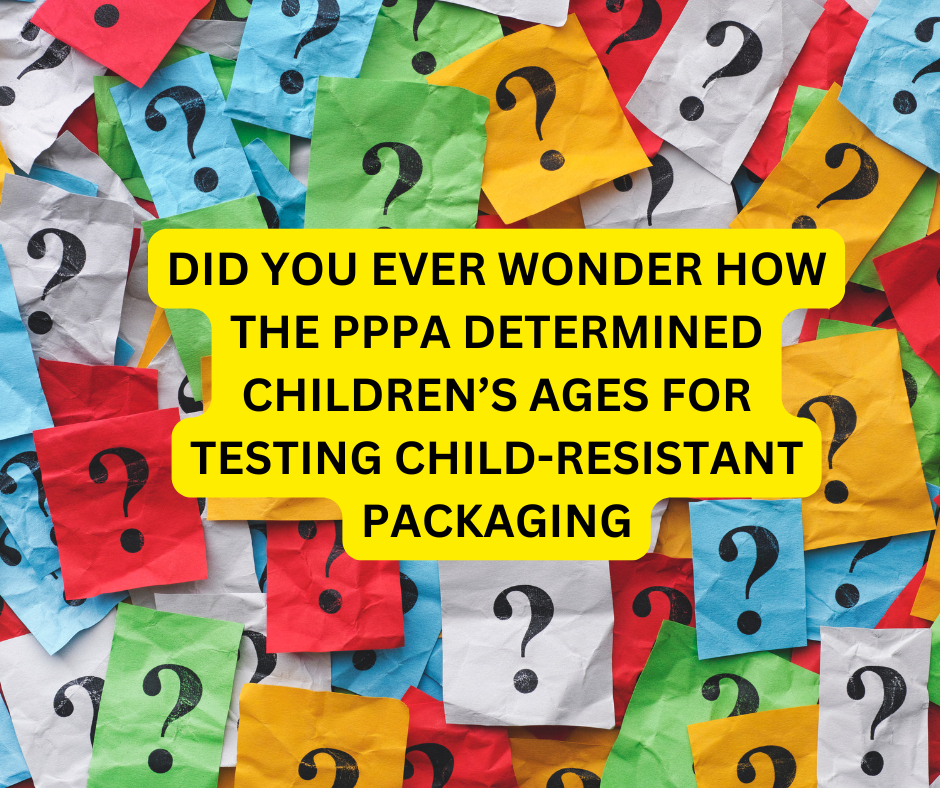
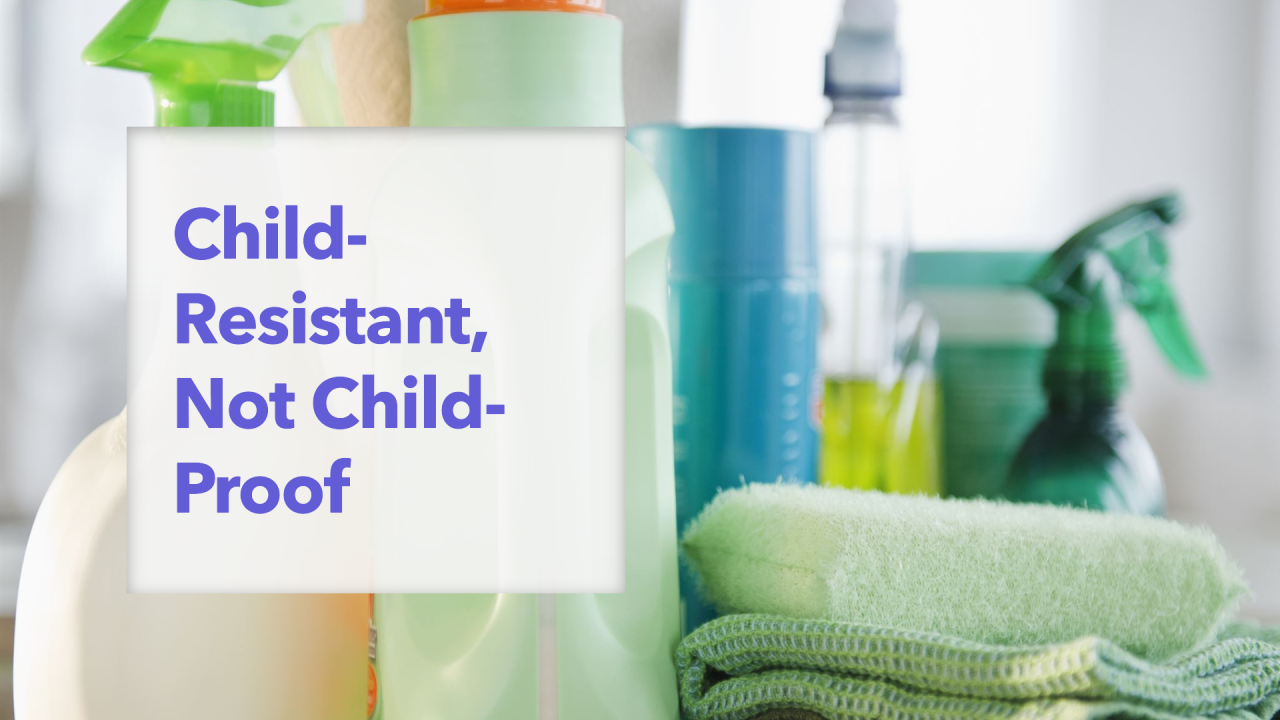
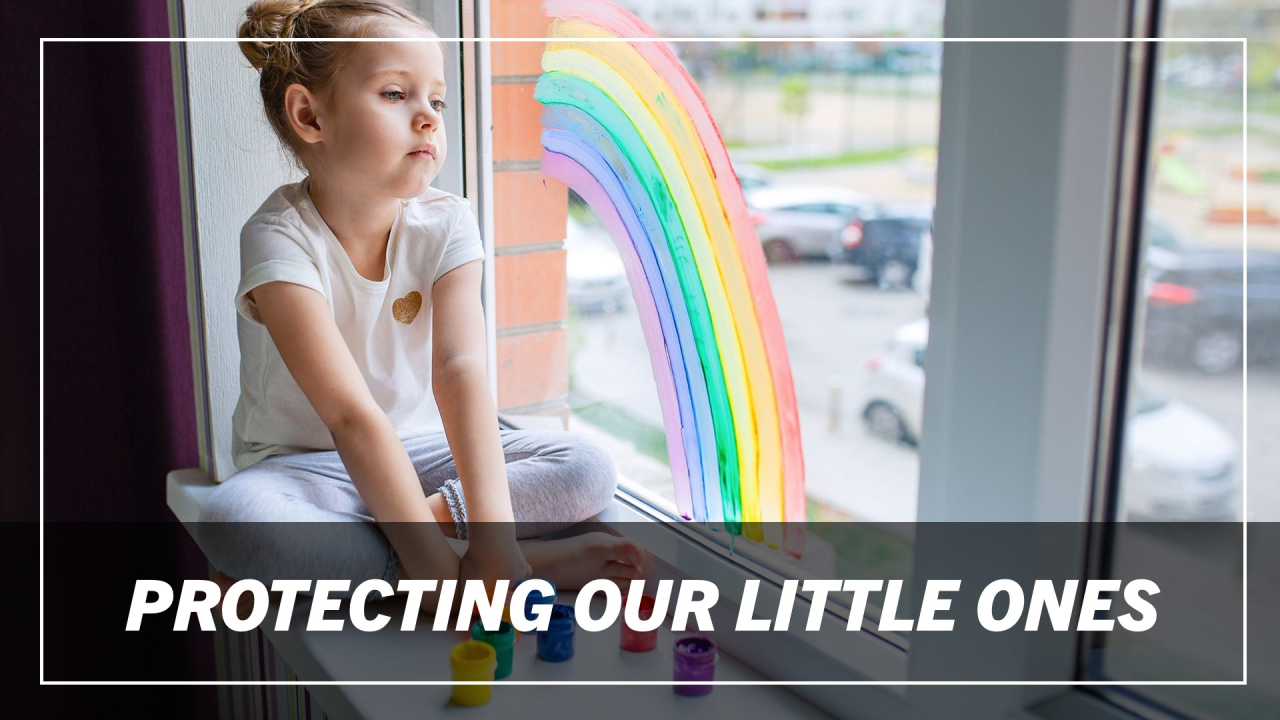
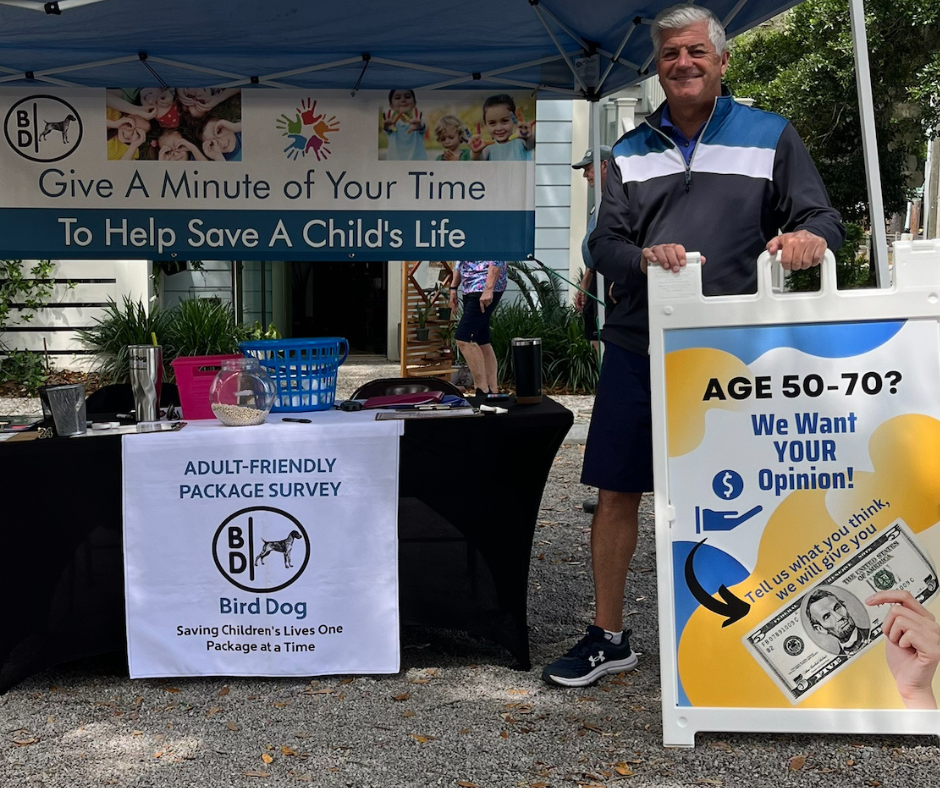
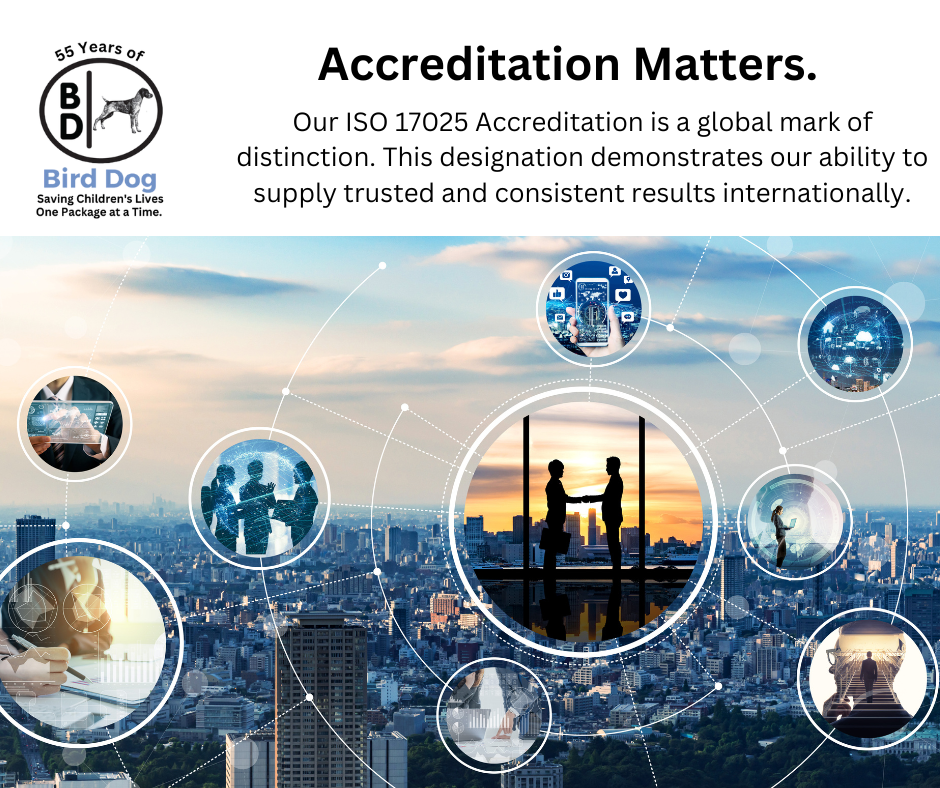
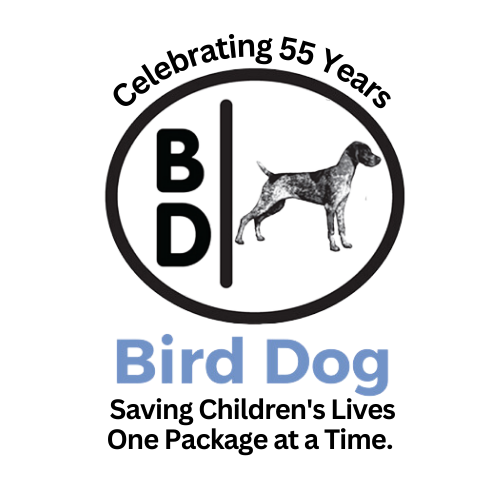
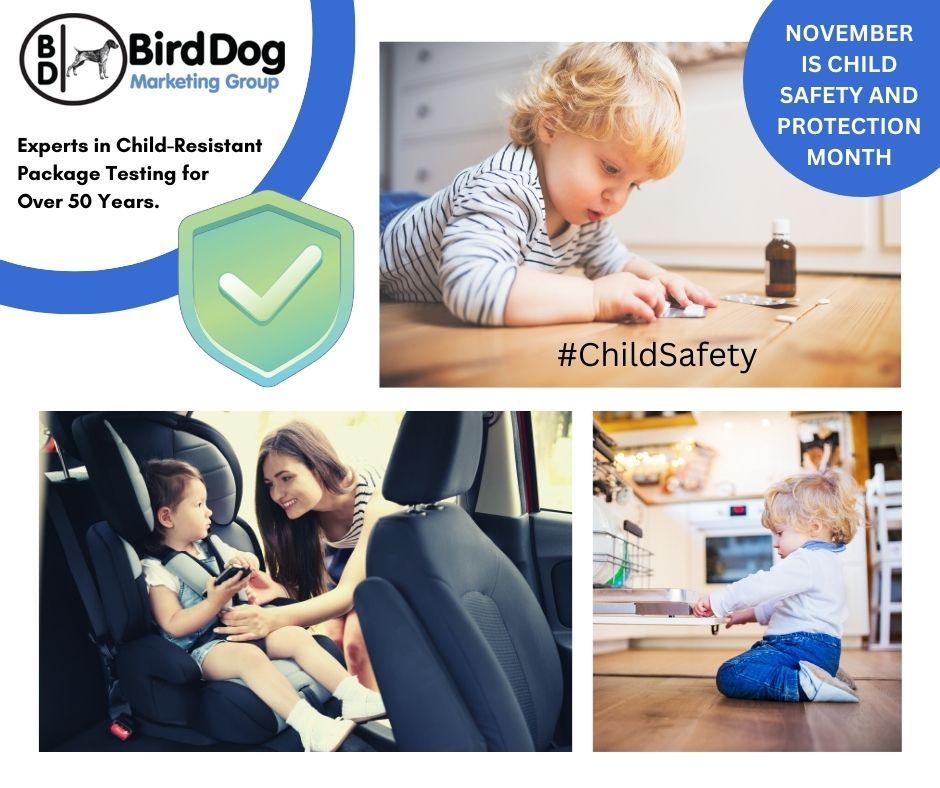
Contact us
Contact Us
We will get back to you as soon as possible.
Please try again later.
MAILING ADDRESS
166 Farmington Lane
Lancaster, PA 17601
PRINCIPALS' PHONE NUMBER
David S. Hipple
717-475-9751
dhipple@birddogmarketinggroup.com
Mark D. Perkins
717-615-9022
mperkins@birddogmarketinggroup.com
All Rights Reserved | BirdDog Marketing




